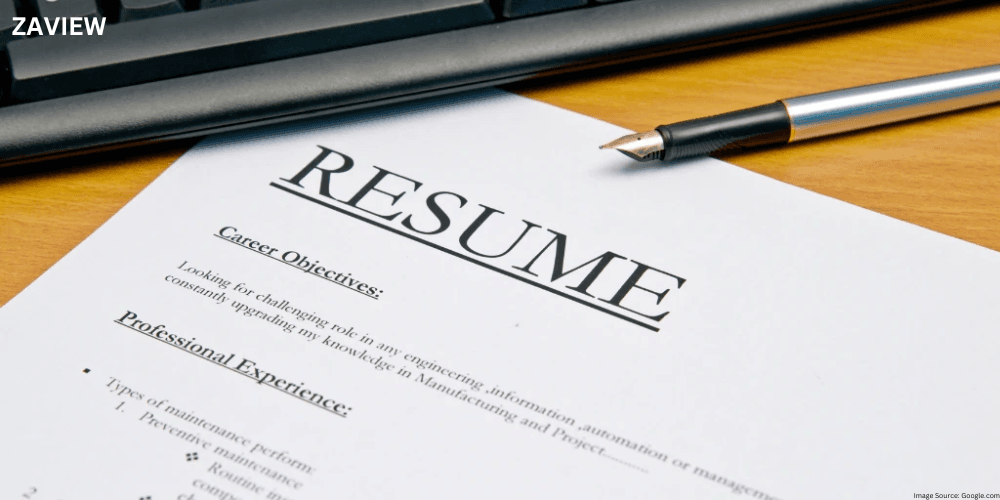A strong resume is a core foundation for launching a successful career. Although in college, building a resume may seem daunting, but it’s the perfect time to lay the groundwork for a compelling document. Employers value candidates who take initiative early, showing off skills, experiences, and academic achievements that demonstrate potential. Here are actionable tips on how to craft a stand-out resume for college students who are looking to stand out in a competitive job market.
Table Of Contents
Start With A Professional Layout
The first impression of your resume is its layout. A professional, clean design ensures readability and leaves a positive impact on recruiters.
- Use a standard font like Arial or Times New Roman in 10–12 points.
- Stick to a one-page format unless your experience is extensive.
- Use clear headings and bullet points to organize sections for easy navigation.

Emphasize Your Education
As a college student, your educational background is one of your biggest strengths. Present it prominently, including relevant coursework, honors, and GPA if impressive.
- Mention your degree, major, and expected graduation date.
- Include academic achievements like scholarships or Dean’s List honors.
- Highlight courses or projects that align with the job you’re targeting.
Include Relevant Work Experience
Even part-time jobs or internships can demonstrate your work ethic and skills. Tailor this section to reflect experiences that align with your career goals.
- Describe job responsibilities with action verbs and measurable outcomes.
- Focus on transferable skills like teamwork, problem-solving, or leadership.
- Include volunteer work if it’s relevant to your field.
Showcase Extracurricular Activities
Employers value well-rounded candidates who engage in extracurricular activities. Highlight clubs, sports, or leadership roles that demonstrate teamwork and initiative.
- Mention any positions held, like club president or event coordinator.
- Include achievements, such as organizing successful events or increasing memberships.
- Emphasize skills gained, like communication or project management.

Develop And List Key Skills
Skills are critical to showcasing your capabilities. Create a dedicated section that lists both technical and soft skills relevant to your desired industry.
- Highlight technical skills like coding, graphic design, or data analysis.
- Include soft skills like communication, adaptability, and time management.
- Tailor the skills to match the job description.
Gain Real-World Experience
Internships and volunteer work provide practical exposure and valuable resume content. These experiences show initiative and real-world application of your skills.
- Pursue internships in your field of interest to gain industry insights.
- Volunteer for causes or organizations where you can contribute meaningfully.
- Document your achievements and the impact of your work.
Focus On Achievements
Rather than simply listing duties, emphasize your accomplishments. Quantifiable results make your resume more compelling and demonstrate your impact.
- Use metrics like percentages, dollar amounts, or numbers to show success.
- Example: “Increased event attendance by 30% as Marketing Chair.”
- Highlight contributions that improved efficiency, profits, or processes.

Build A Portfolio
For creative or technical fields, a portfolio showcases your abilities beyond the resume. Create a digital or physical portfolio with your best work.
- Include projects, designs, or writing samples relevant to your career path.
- Use platforms like LinkedIn, Behance, or GitHub to share your work.
- Keep your portfolio updated with recent and high-quality samples.
Network Actively
Networking opens doors to opportunities and valuable advice. Leverage connections to build your resume through referrals or mentorships.
- Attend college career fairs and industry events.
- Join professional associations related to your field.
- Build relationships with professors, alumni, and peers for recommendations.
Get Professional Criticism
It is always possible to make your resume better through constructive criticism. Make use of the services offered at career centers, mentors, or industry experts. Some of the sources of professional guidance include: Use free resume reviews from college career centers. Use their suggestions on the content and format to refine your resume. Keep refining your resume with every new experience and skill that you acquire.
Conclusion
Building a strong resume in college is an investment in your future career. By focusing on education, gaining relevant experiences, and showing skills and achievements, you can create a document that reflects your potential. Don’t forget to update your resume as you grow academically and professionally. A well-prepared resume not only opens doors to internships and jobs but sets the foundation for a successful and fulfilling career. Start early, stay proactive, and let your resume tell the story of your journey and aspirations.
FAQ’s
Should you create a college student resume?
Yes, a college student resume is important for internships, jobs, or scholarships. It underlines education, skills, and experiences and makes the case to the employer.
How do you write a good college resume?
Focus on education, relevant work, skills, and achievements. Use a clean format, action verbs, and quantify accomplishments. Tailor it to the job or opportunity.
